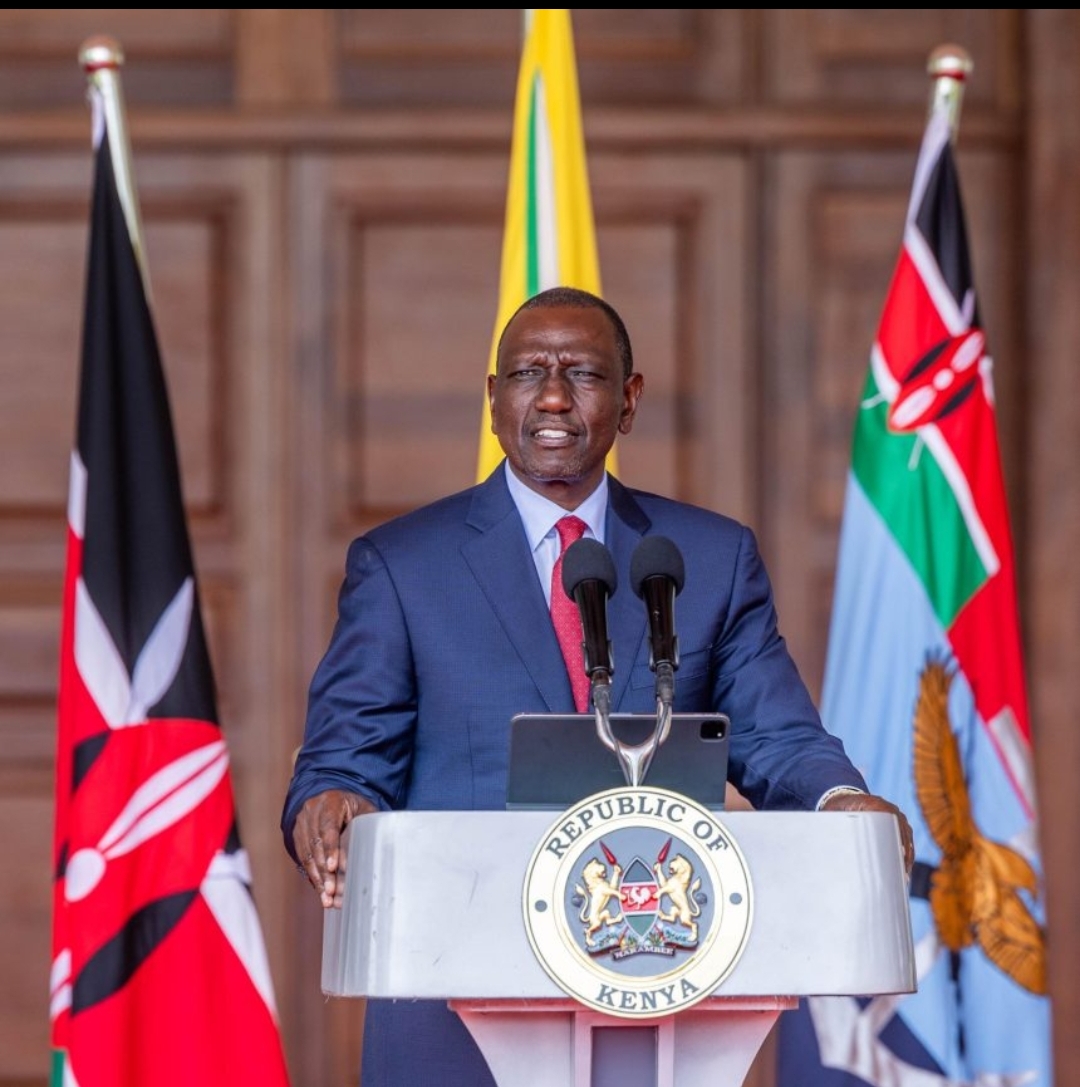RUTO DEFENDS ‘SHOOT THE LEG’ ORDER AMID PROTESTS , CITING LAW AND PUBLIC SAFETY
President William Ruto of Kenya has publicly stated that he does not regret instructing police officers to shoot protesters in the legs during demonstrations that rocked the country in 2024 and 2025.

In an interview with Al Jazeera, Ruto defended his controversial directive, asserting that the law permits police to use force when lives are at risk.
He emphasized that police know their responsibilities and operate within legal bounds when dealing with protesters who engage in violence or property destruction.
The backdrop to this directive was a series of protests, notably sparked by a proposed Finance Bill that led to widespread unrest, resulting in over 100 fatalities and numerous injuries across Kenya.
During these protests, some demonstrations turned violent, with looting and vandalism reported in multiple counties.
President Ruto’s statement came amid calls for calm and order, and his specific instruction aimed to incapacitate rather than kill, as he suggested shooting in the legs rather than lethal force.
Human rights organizations and opposition leaders have strongly criticized this approach, pointing to the excessive use of force and demanding accountability.
One tragic case was that of Boniface Kariuki, a vendor who was fatally shot by police during a protest, an incident that sparked widespread anger and calls for Ruto’s resignation.
Despite the backlash and mounting pressure, Ruto has maintained his position, framing his order as a necessary measure to maintain law and order in the face of violent demonstrations.
The government response has included charges against several police officers implicated in protest-related deaths, highlighting ongoing tensions between state security forces and citizens demanding reform.
Ruto’s stance illustrates the complex balance between enforcing order and protecting human rights in a country grappling with political unrest and economic challenges.
